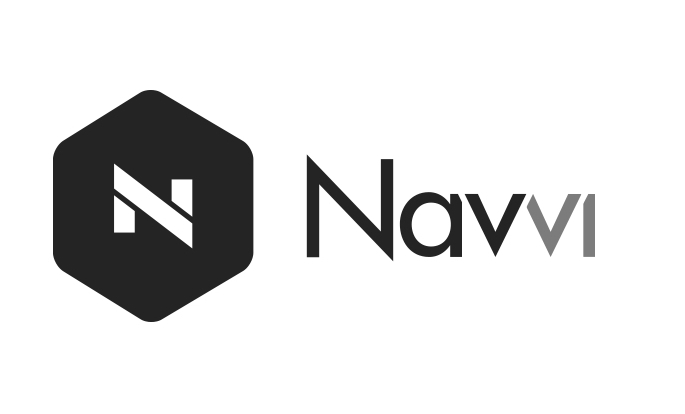A Smart City can be defined as a city that uses digital technologies to enhance performance and well being, to reduce costs and resource consumption, and to engage more effectively and actively with its citizens. Key 'smart' sectors include transport, energy, health care, water and waste. A smart city should be able to respond faster to city and global challenges than one with a simple 'transactional' relationship with its citizens.
With overcrowding, pollution, inadequate use of finite resources, and many other factors, it has become obvious to many cities that our current way of life is not sustainable. Thus many urban locations are turning to newer, more adaptive, “smarter” ways of thinking and growing.
Malmo, Sweden: A former polluted industrial center home to several nuclear power plants. Malmo has turned over a new leaf, pledging to become carbon neutral by 2020 and to run entirely on renewables by 2030. Projects such as sustainable building developments, aquifer storage systems, and mandatory building codes that include requirements for vegetated roofs and walls are only part of what makes this city “smart.”
Read more on Malmo and other leading Smart Cities on Mashable.com



